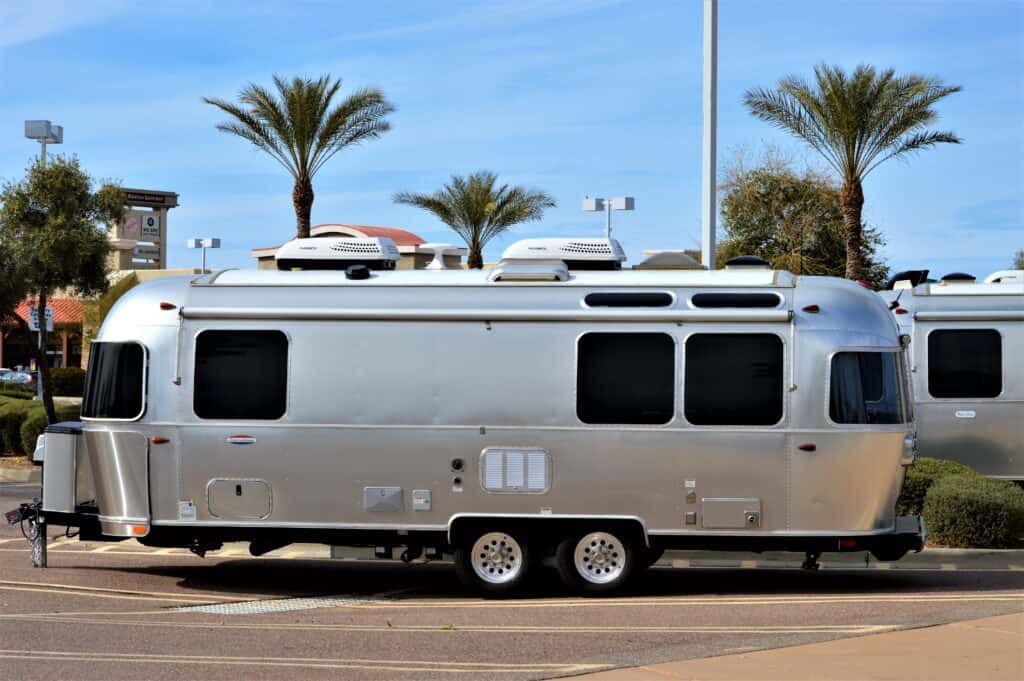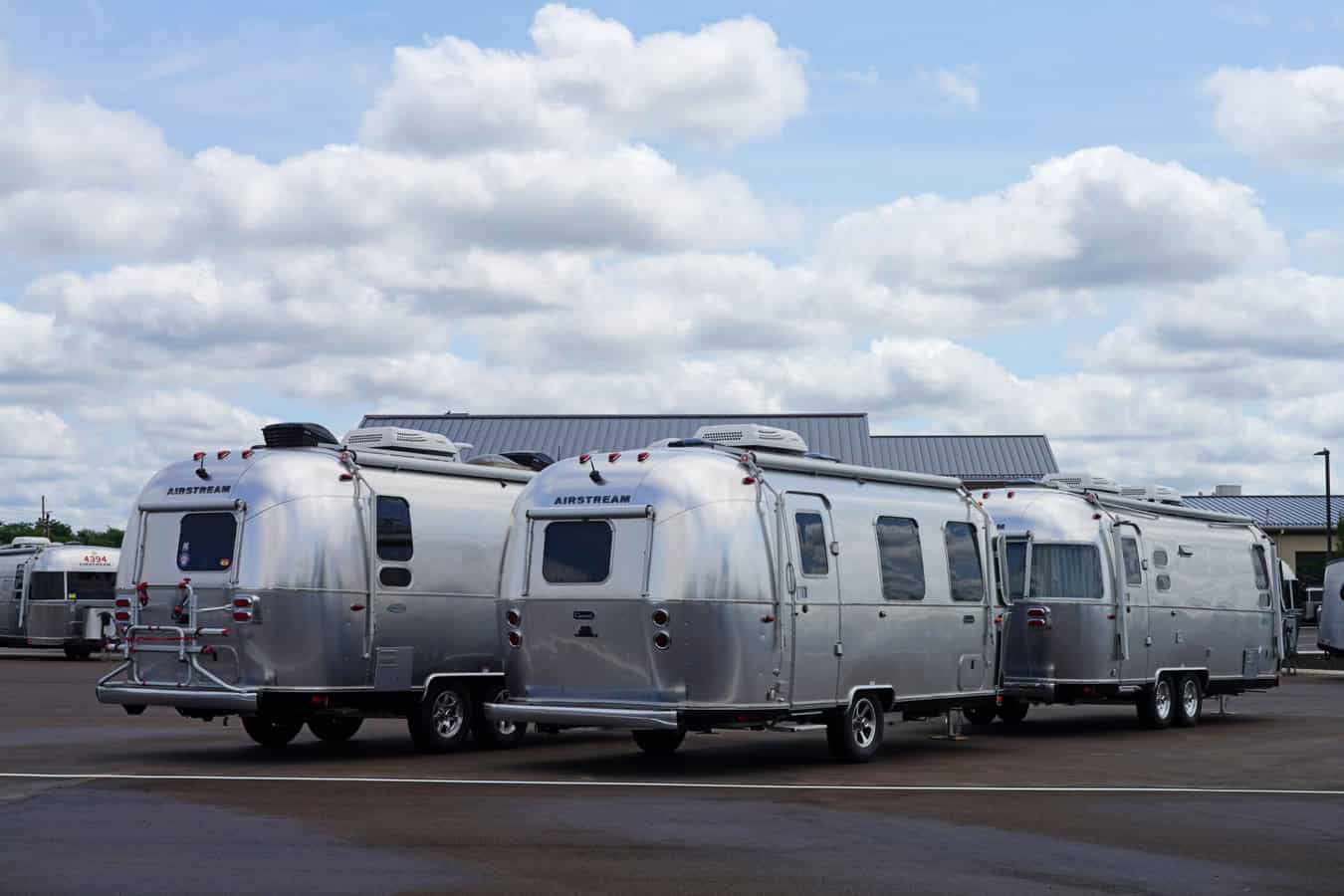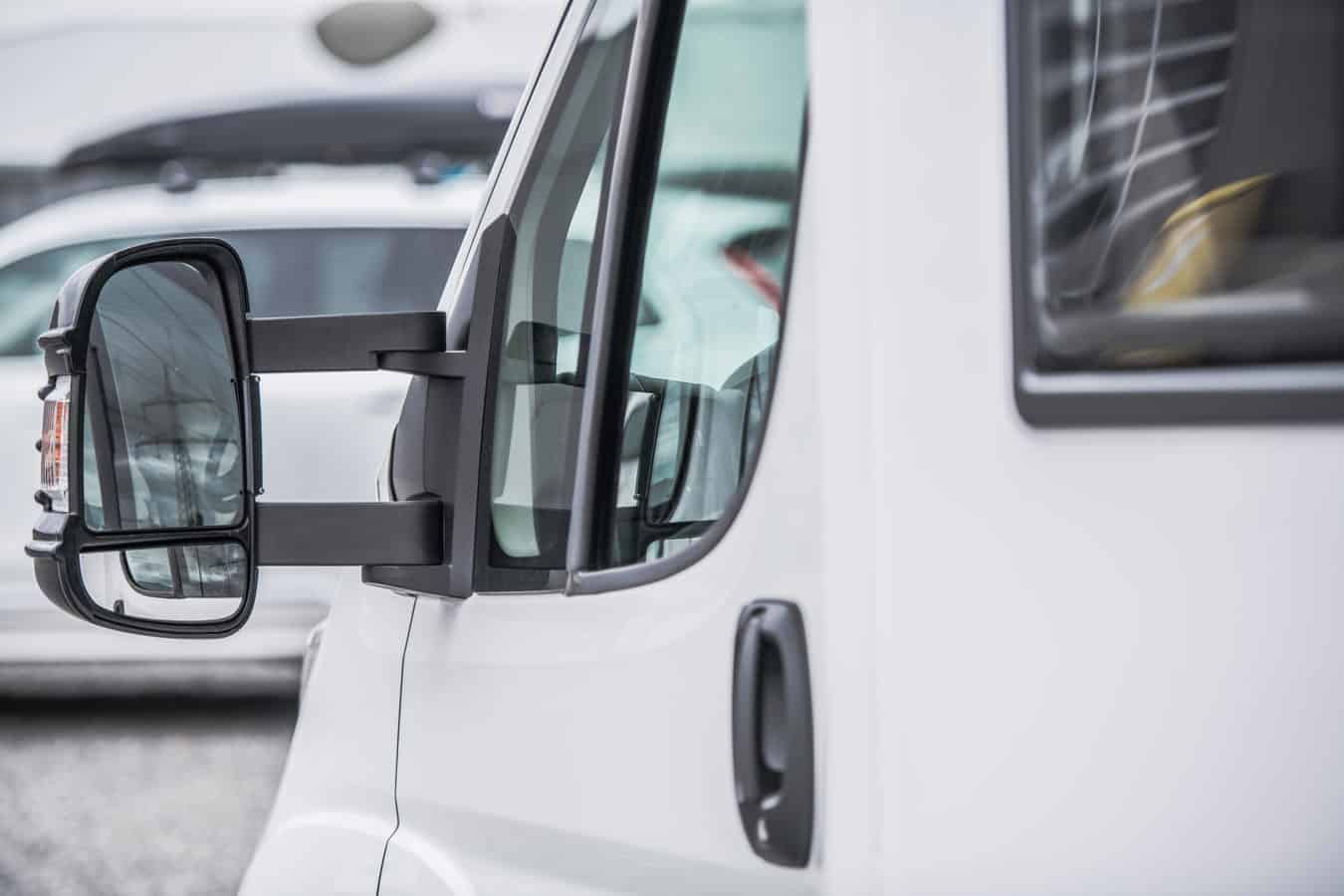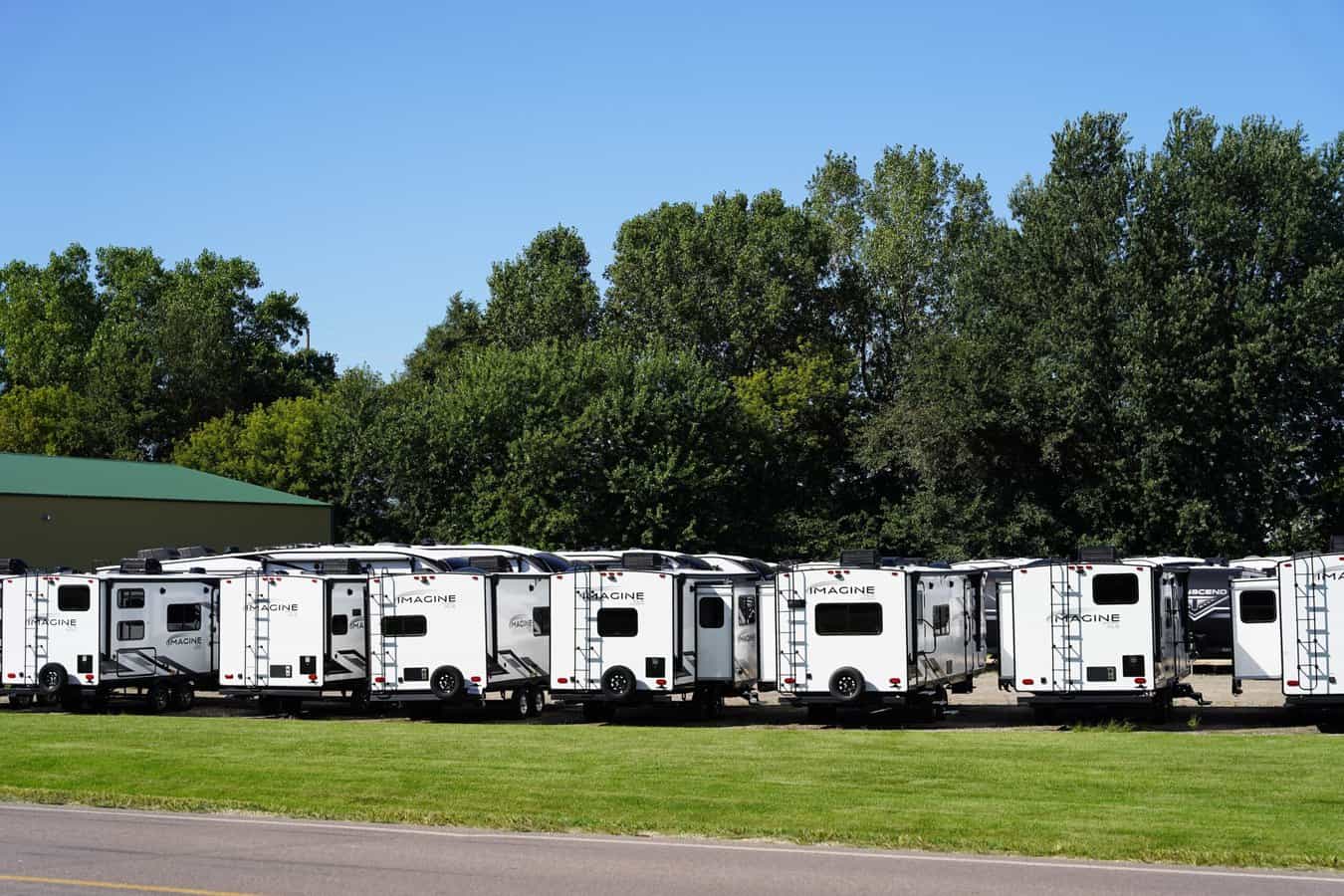
Buying An RV? Here’s What You Should Know About Consumer Rights
Buying an RV is a huge investment. Sometimes the price is comparable to a house, but it’s even riskier because you’ll be driving the vehicle out in traffic. Anything could go wrong, and sometimes the RV has hidden faults that can cause massive problems. It’s important to know your consumer rights so you can protect yourself from a financial disaster.
The demand for RVs has never been higher, and many manufacturers are working overtime to create enough vehicles. Unfortunately, this means that the quality sometimes suffers as a result. Dealers may gloss over these issues. Sometimes, they’re not even aware that there’s a problem. But once you drive the RV off the lot and start having difficulties, you need to have a strong legal response.
The RV industry can be tricky to navigate, and many manufacturers are protected from individual lawsuits. But you still have consumer rights, so you have options for reimbursement. It may be an uphill battle, but you can fight back if you have a legitimate grievance. This is a multi-faceted issue, so we’ll explore some different options below.
RV lemon laws
RV lemon laws are the first thing you need to know about when buying an RV. A “lemon” is a vehicle that is damaged or less functional than it should be. That definition is a bit vague and non-specific, so a lot of lemon laws are up for interpretation.
Depending on the state, your RV might be considered a lemon if it develops severe issues within the first 18 months or 18,000 miles. It’s not uncommon for small issues to pop up after you buy a new vehicle, but lemons have severe, recurring problems. If you repeatedly try to fix them and nothing seems to stick, you’ve got a lemon on your hands.
This is where lemon laws can come to the rescue. Cars and RVs are a significant investment, so it can be financially devastating for something to break down within the first year or two. Lemon laws exist so you can get reimbursed for the damages (or potentially for the entire value of the vehicle).
There are lemon laws on both the federal and state level. This dual coverage is great for consumer rights! However, these different types both have different rules for coverage and reimbursement.
State vs. Federal lemon laws
State lemon laws mainly apply to new vehicles and not used or leased ones. If you use state lemon laws to cover your vehicle, you can usually recover the original purchase price. Unfortunately, while motorhomes are protected, some towable RVs are not.
State laws also vary greatly from one area to another. However, you can always fall back on Unfair and Deceptive Acts and Practices (UDAP). This act is applicable in every state, so you can make a strong case if your RV dealer used deceptive tactics to convince you to make the purchase. For more information, check out our guide about state RV lemon laws.
Federal lemon laws can sometimes cover RVs that are overlooked by state laws. For example, federal laws protect used RVs, not just new ones. But federal laws are not perfect either. Their protection may only cover engine and chassis repairs, not interior issues.
In addition, you won’t always get a full reimbursement. Instead, they will compare the price that you paid for the RV and its actual value with all the flaws and defects. You’ll then get the difference between the two.
Your own efforts will also make a difference here. In most cases, you’ll have to show that you tried to repair the RV before you took legal action. Lemon laws often place time limits on when these issues appeared and how many times you tried to fix the problem.
This is a complex legal matter, and it can be difficult to navigate by yourself. Luckily, several lawyers specialize in RV lemon laws. Look for representation in your state and do everything you can to get your money back.
Magnuson–Moss Warranty Act
Lemon laws are more about the vehicle itself rather than the warranties. But sometimes, RV sellers will try to knowingly sell subpar products with a warranty. If these warranties are misleading or incomplete, consumers can use the Magnuson-Moss Warranty Act to their advantage.
This is a federal law that covers a vast range of product warranties. It was designed to boost transparency and customer satisfaction. The act requires sellers to provide detailed information about their warranty coverage for any product that costs more than $10. RVs definitely fall under that category!
There are a few specifics of this act. For starters, sellers must state whether their warranties are full or limited. Warranty specifics must also be clearly stated in a single document. Additionally, consumers must be able to read the full warranty specifics before buying.
Warranties that are deceptive, misleading, or based on tie-in products are banned under this act. If a dealer violates these rules, it’s much easier for consumers to reach a settlement. You’ll be able to sue for breach of warranty.
RV unions and buyer groups
Winning a legal battle as a consumer can be long and exhausting. There is plenty of red tape in the way, and you might get trapped in a lengthy and expensive lawsuit.
In this case, you might want to rely on outside help! Many people have dealt with the same issues as you, and they are trying to fight the injustices in the RV industry. Unions, buyer groups, and RV clubs may be able to help you as you fight to get your money back.
Each outside group will offer different forms of assistance. Unions and buyer groups strive to protect consumer rights, while RV clubs can connect you to people who have experienced similar issues. These organizations can provide help in many different ways. These include:
- Assistance with deciphering contracts
- Efforts to increase quality control standards across the industry
- Legal representation in court cases
- Community support and advice
- Charities
- Disaster relief funds
- Actionable lemon law information
- Greater RV consumer representation in the government
Many of these organizations are fairly new. This is because the average RV quality seems to be dropping in recent years. In order to meet the demand for fairness and reimbursement, unions and buyer groups have sprung up in solidarity.
If you’re interested in joining, explore the RVACA and similar groups to learn more details. There’s strength in numbers, and it’s comforting to know that you’re not alone in your fight.
Best practices for RV buyers
It’s a good idea to understand and defend your consumer rights, but you can sometimes avoid problems altogether by being proactive. If you’re in the market for a new RV, there are a few things you can do to protect your investment and get ahead of legal troubles.
For starters, you need to document everything! A good paper trail can be a lifesaver, especially when it comes to warranties. Keep your original contract in a safe place. If you get any RV repairs, get physical paperwork for those as well. Take extensive photos of your interior and exterior when you purchase the vehicle.
You should also get a thorough inspection before you commit to buying an RV. Although there are checklists you can follow for a DIY inspection, you can catch a lot of issues by hiring a professional.
Get tips from other RVers
One of the best parts about RVing is engaging with the community of traveling enthusiasts. iRV2 forums allow folks to chat with other RVers online, and get other perspectives on everything RVing, including products, destinations, RV mods, and more.
Related articles:





Please help I bought an RV 5th wheel ,over a year ago and thhey did not pay the loan of they say they don’t have the money so no title I just have a purchase and sales agreement,what are my legal rights……Robert 35,000 purchase price
‘The demand for RVs has never been higher, and many manufacturers are working overtime to create enough vehicles. Unfortunately, this means that the quality sometimes suffers as a result.’
Quality sometimes suffers? How about all the time?
Decades ago, Zenith TVs used this sales slogan: “the quality goes in before the name goes on.”
The RV industry co-opted and revised it to read: “the name goes on, but the quality never goes in.”
The industry clearly has no incentive and thus no inducement whatsoever to change this.